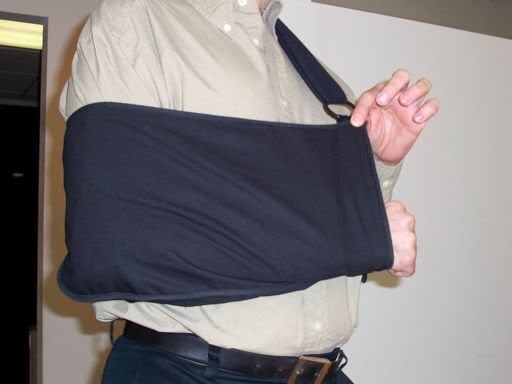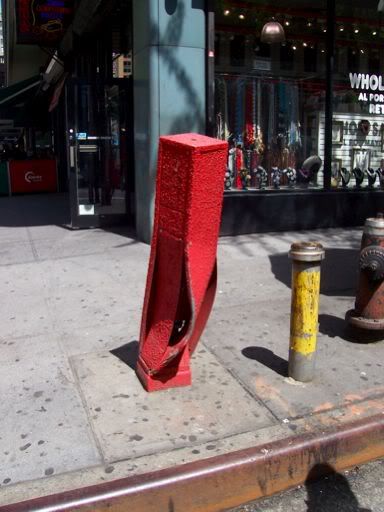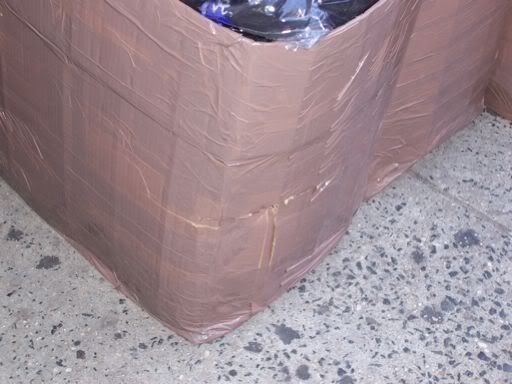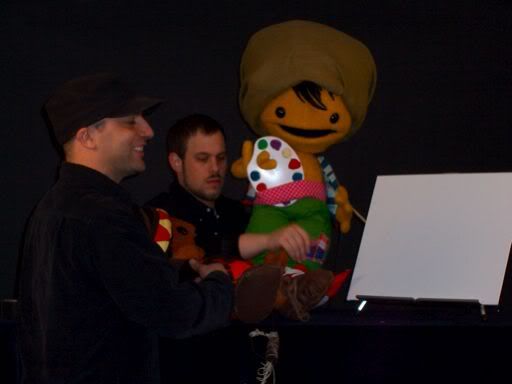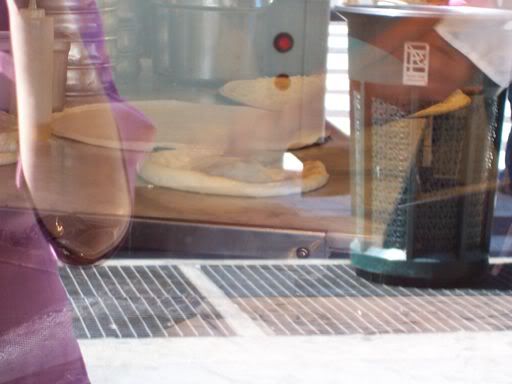Word of the Day for Friday April 22, 2005
atavism \AT-uh-viz-uhm\, noun:
1. The reappearance in an organism of characteristics of some remote ancestor after several generations of absence.
2. One that exhibits atavism; a throwback.
3. Reversion to an earlier behavior, outlook, or approach.
Occasionally a modern whale is born having sprouted a leg or two -- a genetic throwback known as an atavism.
--Douglas H. Chadwick, "Evolution of whales," National Geographic, November 2001
Read avidly in Europe and the United States in the 1890s, The Female Offender argues that women criminals are atavisms or throwbacks to earlier evolutionary stages, marked by physical anomalies such as coarse features.
--Nicole Rafter, "Breaking the Codes: Female Criminality in Fin-de-Siecle Paris," The Women's Review of Books, October 1, 1997
The Enlightenment was the movement of thought, starting in the late 17th century and extending as far as the 19th century with political economists such as David Hume, Adam Smith, Jeremy Bentham and John Stuart Mill, which self-consciously set out to liberate human reason from mediaeval atavism, superstition and error.
-- Melanie Phillips, All Must Have Prizes
Nairn rejected the view of nationalist movements, purveyed by many thinkers on the liberal and Marxist left, as residues of tribal atavism.
--John Gray, "Little Scotlander," New Statesman, January 24, 2000
At best, atavism is a harmless fantasy, not sustainable with any degree of persistent realism under skies crisscrossed by satellites and jet aircraft.
--Shiva Naipaul, "Aborigines: primitive chic in Australia," New Republic, April 22, 1985
Milton obviously invokes vassalage for its suggestion of atavism, back-stepping toward feudal obligation and subjugation of individual liberty.
--Mary C. Fenton, "Hope, land ownership, and Milton's 'Paradise within,'" Studies in English Literature, 1500-1900, January 2003
Atavism comes from French atavisme, from Latin atavus, "ancestor," from atta, "daddy" + avus, "grandfather." The adjective form is atavistic /at-uh-VIS-tik/.
===========================================================
Retro vintage store has mannequins looking like they stepped straight out of the fifties:


Pharmacy down the street uses old pharmaceutical goods in their window and prefer to teach older methods like phrenology and homeopathy rather than fill your prescriptions.


antique furniture store specializes in rediscovering lost pieces from older generations, plus their sign looks like a throwback to the 60s the way it aged:

this guy usually yells the headlines. Unfortunately today he was silent....
 and as much as you hate the post, you can't beat the price, seems sort of oldschool.
and as much as you hate the post, you can't beat the price, seems sort of oldschool.

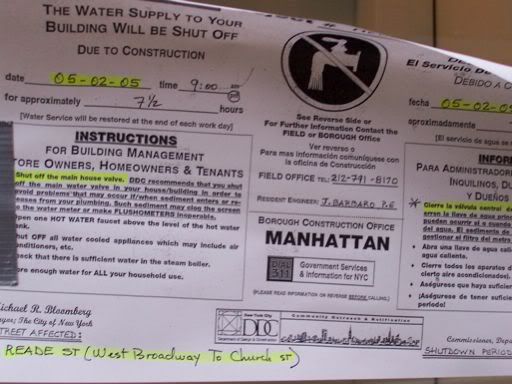












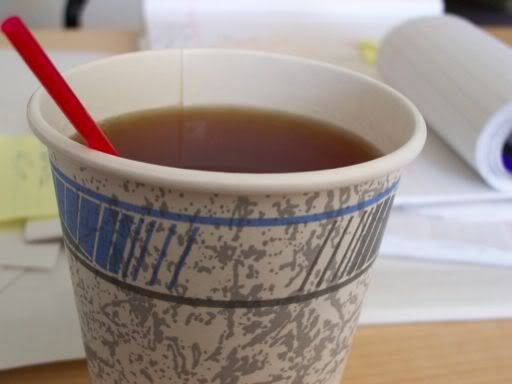





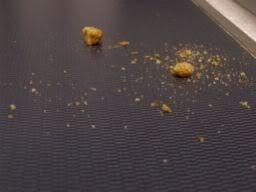




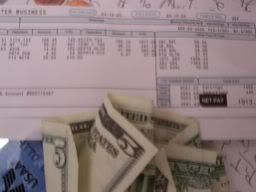

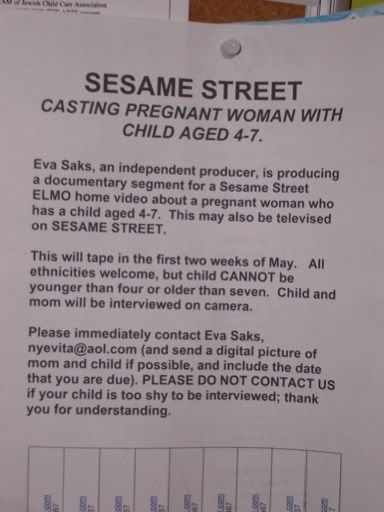
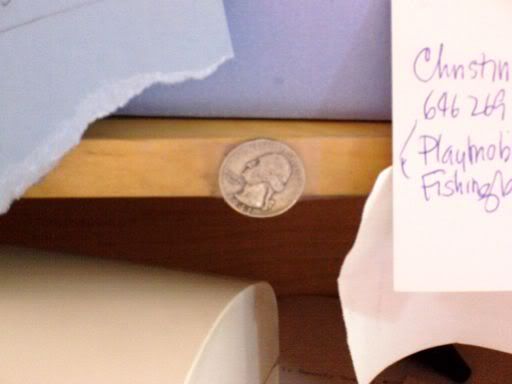








 and as much as you hate the post, you can't beat the price, seems sort of oldschool.
and as much as you hate the post, you can't beat the price, seems sort of oldschool.